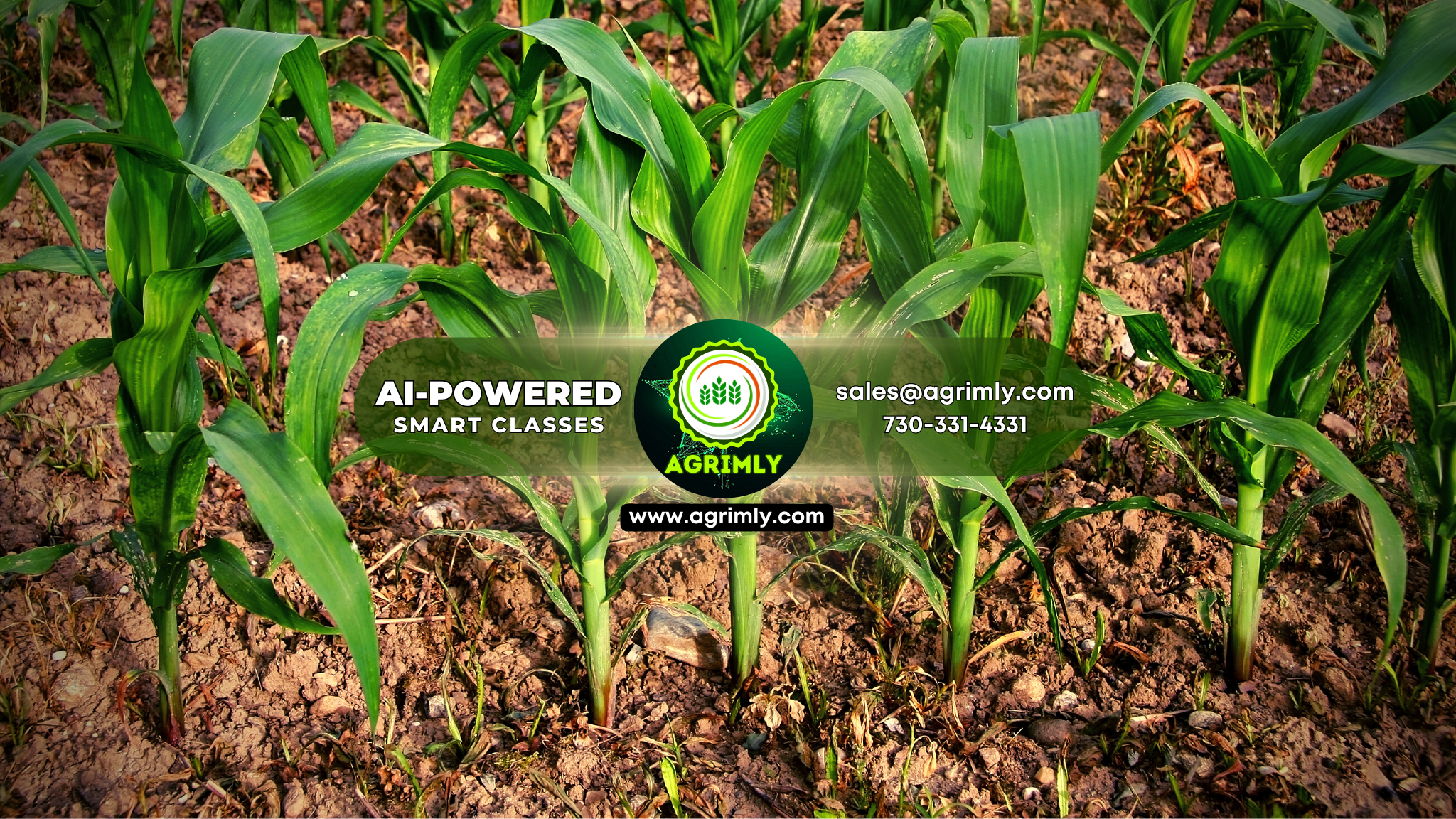Useful for : All Govt. like IBPS AFO Mains Exam (Agriculture Knowledge), NABARD Grade A, CWC, FCI, NSC, CUET ICAR UG PG JRF SRF AO ADO & IAS , IFoS & State PCS Level Exam

Introduction of UNFCCC: Welcome, readers, to our exploration of the United Nations Framework Convention on Climate Change (UNFCCC), a pivotal international treaty forged to address the pressing issue of climate change. Established during the Rio Earth Summit in 1992, the UNFCCC has become a cornerstone in the global effort to create a sustainable future for generations to come.
Background UNFCCC: At its core, the UNFCCC aims to foster international cooperation in mitigating the rise of average global temperatures. This treaty officially came into force in 1994 and boasts an impressive near-universal membership, with 197 Parties actively engaged in the shared mission of combating climate change. Two other conventions, namely the UN Convention on Biological Diversity and the Convention to Combat Desertification, stand as siblings to the UNFCCC, collectively forming a triad dedicated to environmental stewardship.
Objectives of UNFCCC: The primary objective of the UNFCCC is to mobilize nations in limiting the escalation of global temperatures. This ambitious goal seeks to minimize the adverse effects of climate change, ensuring timely adaptation, averting threats to food production, and promoting sustainable economic development. Recognizing its central role, the Food and Agriculture Organization (FAO) lends its support to the UNFCCC, designating it as the key forum for addressing climate change on a global scale.
Key Agreements UNFCCC: The UNFCCC serves as the parent treaty to two significant agreements: the Paris Agreement and the Kyoto Protocol. These landmark accords share the ultimate aim of stabilizing greenhouse gas concentrations in the atmosphere. By doing so, they strive to prevent dangerous human interference with the climate system. The proposed timeframe for these efforts allows ecosystems to adapt naturally, creating a foundation for sustainable development.

Conclusion : In conclusion, the UNFCCC stands as a beacon of hope in the collective fight against climate change. As we delve deeper into the intricacies of this international treaty, it becomes evident that our global community is committed to forging a path toward a more sustainable and resilient future. Join us in our journey to unravel the layers of the UNFCCC and understand how it shapes the course of environmental conservation on a worldwide scale.
Notes Courses Available :
Click here
%20MAINS%20EXAM.jpg)



